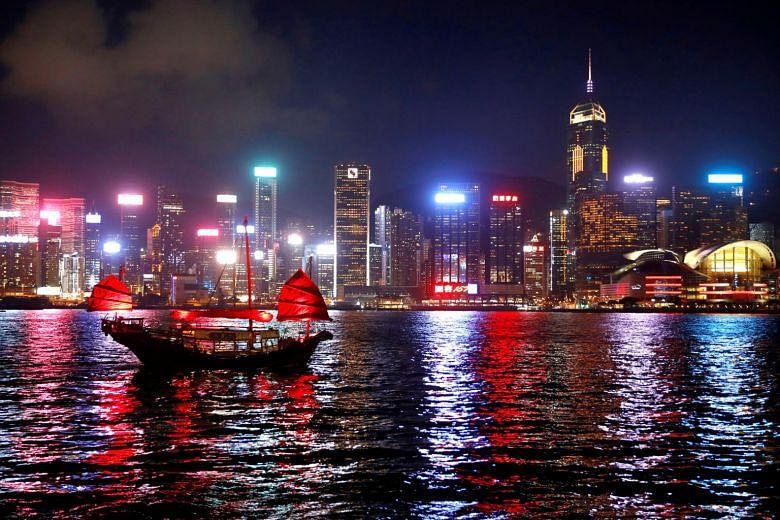NEW YORK • As protests in Hong Kong intensified this year, Los Angeles immigration lawyer Bernard Wolfsdorf anticipated "a new wave of immigration" to the United States. So he went to China to meet regional immigration advisers.
They told him not to get excited.
"What I heard is, while many are leaving Hong Kong, the US isn't their No. 1 destination," Mr Wolfsdorf said.
When things go sideways around the globe, the US has traditionally served as a centre of safety and security, particularly for the world's wealthy.
The US is already home to more Hong Kongers than any economy outside of China, and recent data has suggested that more are looking to leave. Applications for a key emigration document, the "good citizenship card", are up 54 per cent in the past year.
But anti-immigrant political rhetoric, high-profile cases of gun violence and impending changes to the "investor visa" programme have encouraged Hong Kong's would-be emigres to consider other alternatives such as Australia, Canada, Singapore and Taiwan.
Even before the protest movement in Hong Kong began, the US was already losing its lustre.
In a December survey by The Chinese University of Hong Kong, one-third of the city's residents said they would consider leaving.
-
WHERE THEY WANT TO GO
-
In a survey, one-third of Hong Kong residents said they would consider leaving. The most popular destinations for them were:
AUSTRALIA / CANADA
18%
TAIWAN
11%
SINGAPORE
5%
UNITED STATES
2.9%
Among them, the most popular destinations were Canada and Australia, with at least 18 per cent of respondents each, followed by Taiwan (11 per cent) and Singapore (5 per cent). The US was the top choice for 2.9 per cent of those considering leaving.
Australia is a favourite for clients of Mr John Hu, founder and principal consultant at John Hu Migration Consulting in Hong Kong.
The country's advantages include a small time difference with China and a mild climate.
Canada is also popular, Mr Hu said, especially for clients who want to follow family members who had emigrated there.
However, family ties also make the US attractive. So does the EB-5 investor visa programme, which offers residency to anyone able and willing to make a US$500,000 (S$690,000) investment in a business or other project that creates jobs. But from Nov 21, the minimum investment will rise to US$900,000, part of a reform of the EB-5 programme.
Even for those already in the queue, a bureaucratic backlog means it can take years to get a visa. The US Department of Homeland Security has slowed its handling of paperwork to a crawl, making applicants wait years for an answer to their petitions.
The department was buried in 930,311 pending cases of all types at the end of June, double the number of pending cases from 2015.
The estimated wait for processing investor visas is at least 28.5 months, according to the US Citizenship and Immigration Services.
Mr Hu said American tax rules often take a back seat to quality-of-life issues for families considering the US.
"Hong Kong media's frequent coverage of school shootings in the US has also made people worry about safety," he said.
Another concern for some is that "racial discrimination is relatively serious in certain areas".
BLOOMBERG

